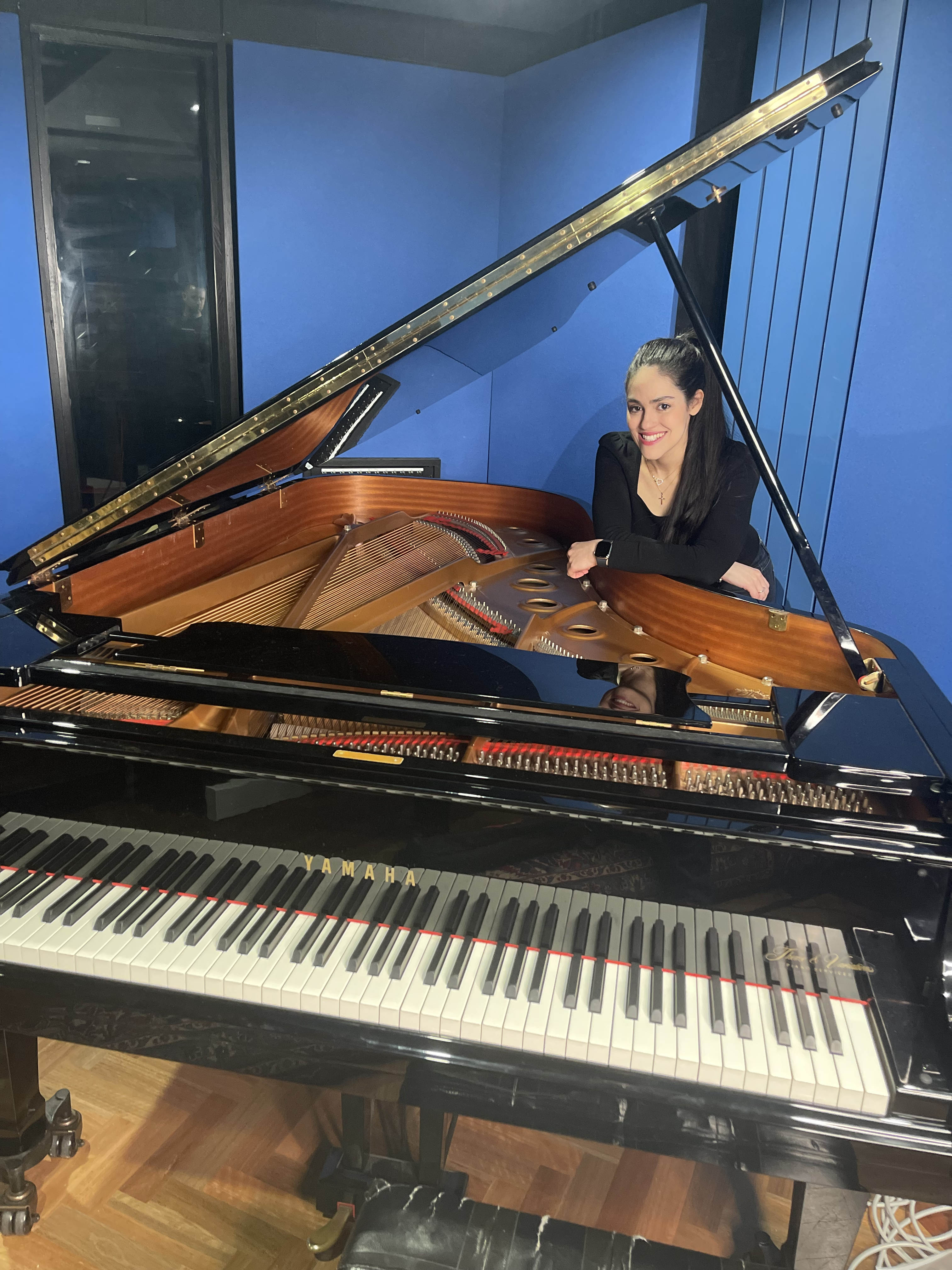
Top 10 Tips for Effective Practice Sessions

As a student, practice sessions are essential for improving your skills and achieving your goals. However, simply spending hours practicing without a clear structure or plan may not be effective. To make the most of your practice sessions, here are ten tips for effective practice:

- Set clear goals: Before you start practicing, set specific and achievable goals for what you want to accomplish. These goals will help guide your practice and measure your progress.
- Create a schedule: Set aside a specific time each day or week for practice, and stick to it. Consistency is key to building muscle memory and improving your skills.
- Warm up: Always warm up before diving into your practice routine. This can include stretching, breathing exercises, or playing simple warm-up exercises to get your fingers or muscles ready.
- Break it down: Rather than practicing a whole song or piece at once, break it down into smaller sections and focus on perfecting each section before moving on to the next.
- Use a metronome: A metronome is a tool that can help you keep a steady tempo and improve your timing. Use it to practice playing at different speeds and gradually increase the tempo as you get more comfortable.
- Record yourself: Recording yourself while practicing can help you identify areas that need improvement and track your progress over time.
- Get feedback: Ask a teacher, mentor, or peer for feedback on your playing. They can provide valuable insights and suggestions for improvement.
- Focus on technique: Focus on proper technique and form, even if it means playing slower or with less complexity. Proper technique is essential for building strong foundations and preventing injuries.
- Practice with intention: Stay focused and engaged during practice, and avoid mindless repetition. Visualize what you want to achieve and play with intention.
- Take breaks: Finally, don’t forget to take breaks and give yourself time to rest and recharge. It’s better to have shorter, focused practice sessions than long, exhausting ones.
Effective practice sessions are crucial for improving your skills and achieving your goals as a musician or performer. By setting clear goals, creating a schedule, breaking down pieces, using tools like a metronome, recording yourself, seeking feedback, focusing on technique, practicing with intention, and taking breaks, you can make the most of your practice time and see tangible progress over time.
